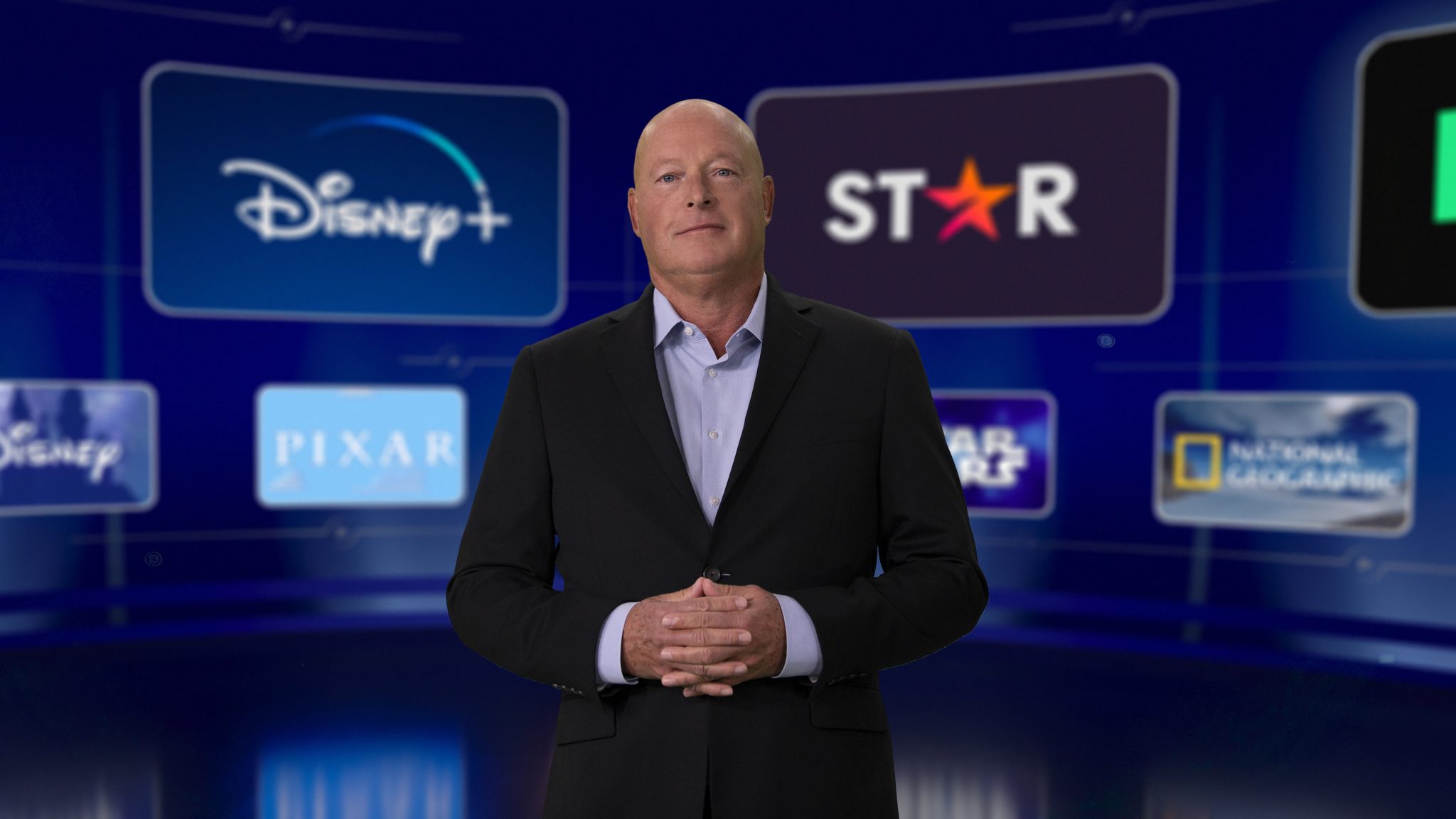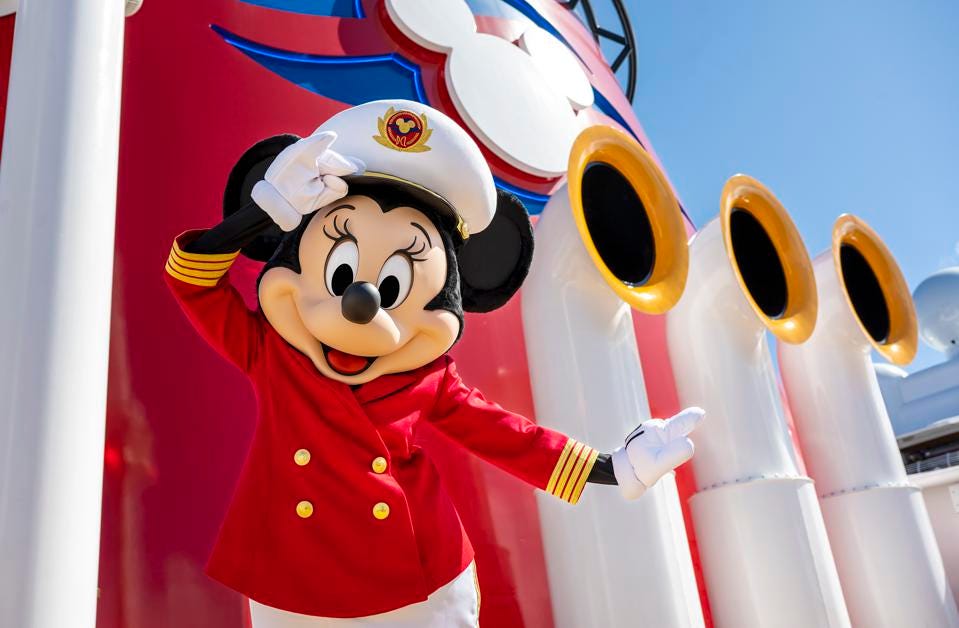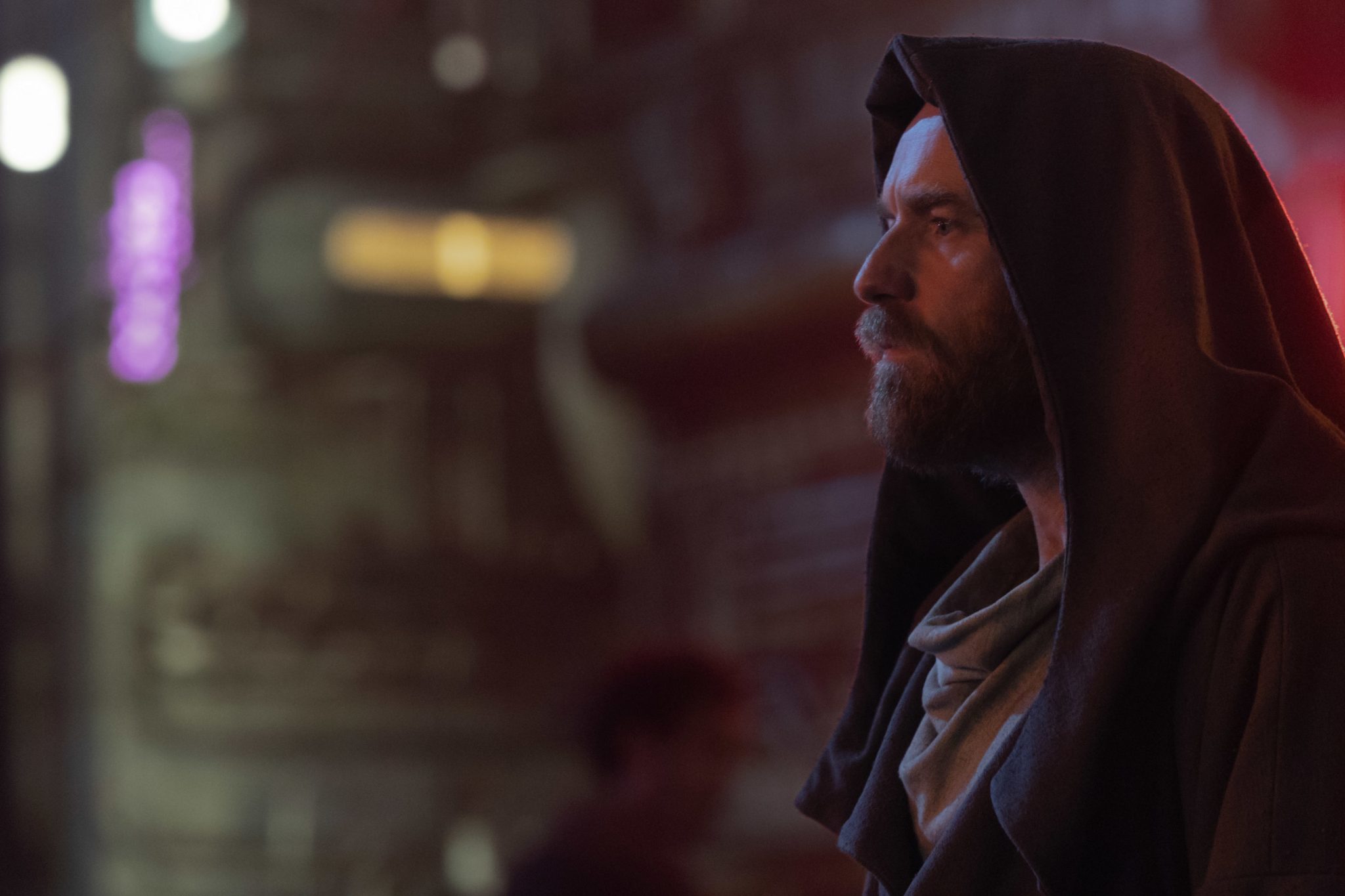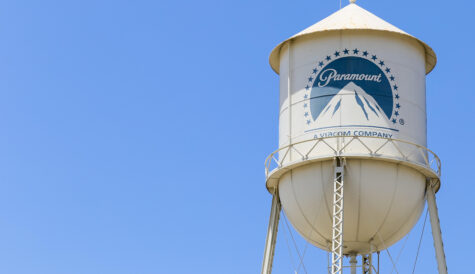
After more than 40 years of operation, DTVE is closing its doors and our website will no longer be updated daily. Thank you for all of your support.
Three more years of the second Bob

Bob Chapek
When he was appointed to succeed the widely popular Bob Iger atop the Disney hierarchy, few would have predicted that things would be quite so difficult for Bob Chapek.
The CEO, who has faced criticisms from all corners – ranging from a poor handling of Florida’s ‘Don’t Say Gay’ bill, to customer dissatisfaction that led to more than 115,000 people petitioning for his firing – has just seen his contract renewed through to 2026.
In fairness to the multimillionaire CEO (a sentence I do not think my mouth would be capable of uttering), Chapek was handed something of a bum deal when he was upped from parks boss in early 2020 at a time when there was this flu-like illness that was starting to become a bit of a concern in China.
A few eyebrows were raised upon the announcement that Chapek would succeed Iger. Many pundits believed that DTC boss Kevin Mayer was being groomed as next-in-line for the mousey throne, particularly given the immediate overwhelmingly successful launch of Disney+. (Mayer, who has now landed as chairman of DAZN, would leave Disney in May 2020 to become CEO of TikTok – a role he only held for three months before resigning amid president Donald Trump’s targeting of the app.)
If Mayer was Chapek’s competition in 2020, the CEO would see off a would-be challenger earlier this month when he abruptly sacked Disney’s highest TV exec Peter Rice.
Having evidently overcome controversy and unpopularity amongst the rabid Disney fanbase while guiding the company through the Covid-19 pandemic, what will the next three years look like for Disney and what will Chapek need to do in order to ensure his tenure continues on beyond 2026?
Continuing the shift to streaming
The problem with being the boss of a company like Disney is that you’re inevitably going to get blamed for everything.
A global pandemic that shut down TV productions and led to a lighter-than-expected slate of content for multiple mega-sized streaming services? Must be Chapek’s fault.
But at a time when Netflix is losing subscribers, Disney last month beat analyst expectations to claim a total of 137.7 million worldwide subscribers for Disney+. Hulu meanwhile has 45.6 million subscribers and ESPN+ has 22.3 million.
The continued success of Disney’s flagship streamer has led Digital TV Research to estimate that Disney+ will overtake Netflix for subscribers by 2027, with the service continuing to roll out in new territories.
The scope of that report of course goes on beyond the end of Chapek’s new contract, but if the company is on track to meet that total then it would be difficult to argue against his continued employment.
At the same time as Disney is fleshing out its DTC business, it will continue to tread the line between prioritising streaming growth while maintaining a presence in traditional TV globally. It’s easy to forget that while old fashioned TV isn’t as glamorous, Disney still makes more money via TV licencing and ad revenue than it currently does from DTC.
The company will hope that this becomes slightly more balanced later this year when Disney+ – like Netflix – introduces an advertising-supported tier, an option which Disney expects most of its customers to take up. Previous figures revealed by Hulu in mid-2019 showed that around 70% of its then 82 million viewers were paying for the ad-supported version of the streamer, and Disney CFO Christine McCarthy has said “we expect about the same percentage for both Disney+ and Hulu, just based on the experience curve that we’ve witnessed.”
It is plain to see that streaming is the entertainment priority of Disney, and the company’s performance in this space is one of the biggest aspects that Chapek will continue to be judged on by 2026.
Peak park performance
One of the most visible victims of the Covid-19 pandemic for Disney has been its theme parks unit.
The parks, which continue to be Disney’s biggest money-maker, have seen expansion plans scaled back as a result of the pandemic. Significant price increases have led to customer ire, with even the Washington Post suggesting that the ‘magic’s gone’ as a result.
 It seems highly unlikely that Disney will reduce its parks pricing, but the company is arguably facing its toughest ever competition in this space and it needs to do something in order to ensure it continues to be the top dog in the industry. Comcast-owned Universal Studios, for example, is currently building its third Orlando ‘gate’ – Universal’s Epic Universe – which will open in 2025, while the company is building two Nintendo-themed lands in Hollywood and Orlando in addition to the original which opened in Japan in 2021.
It seems highly unlikely that Disney will reduce its parks pricing, but the company is arguably facing its toughest ever competition in this space and it needs to do something in order to ensure it continues to be the top dog in the industry. Comcast-owned Universal Studios, for example, is currently building its third Orlando ‘gate’ – Universal’s Epic Universe – which will open in 2025, while the company is building two Nintendo-themed lands in Hollywood and Orlando in addition to the original which opened in Japan in 2021.
Part of the diehard Disney parks fan frustration has been a seeming shift away from the core parks and towards more expensive experiences like the US$3,000-per night Star Wars hotel and the just-launched Disney Wish cruise liner.
Shareholders and board members are naturally driven by profits, but they are not entirely immune and ignorant to consumer pressures, and the criticisms directed towards Chapek would not have gone unnoticed.
The role of CEO at the world’s largest media company is not going to be an easy job – nor should it be – but it is perhaps unfair to compare Chapek with his popular predecessor, particularly given the unprecedented conditions of the Covid-19 pandemic that still continues to have an impact across the world.
Announcing Chapek’s renewal, chairman of the board Susan Arnold admitted that the company was “dealt a tough hand by the pandemic,” but praised the CEO for guiding the company to “emerge in a position of strength.” Arnold went on to call the 30-year Disney veteran “the right leader at the right time,” with Chapek evidently having the full backing of his board.
It is impossible to say whether he has been given the benefit of the doubt despite the bungled handling of the ‘Don’t Say Gay’ bill and the Scarlett Johansson Black Widow debacle, but the executive will know that in a post-Covid world he will not have excuses.
The role of Disney CEO is equal parts business man, politician and brand ambassador. Chapek has arguably proved himself adequate in the first category, but there remain question marks over the others. Disney, more than any other media entity, relies on the good will of its fanbase and customers, and this is a clear area where Chapek will need to improve if he is to see his contract extended beyond 2026.



